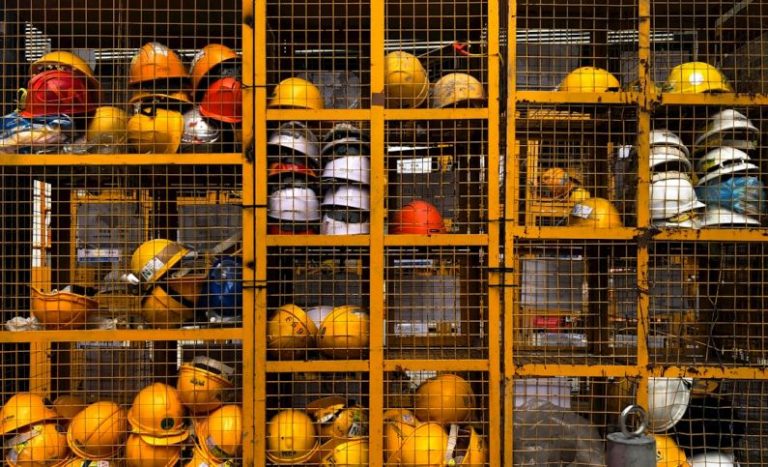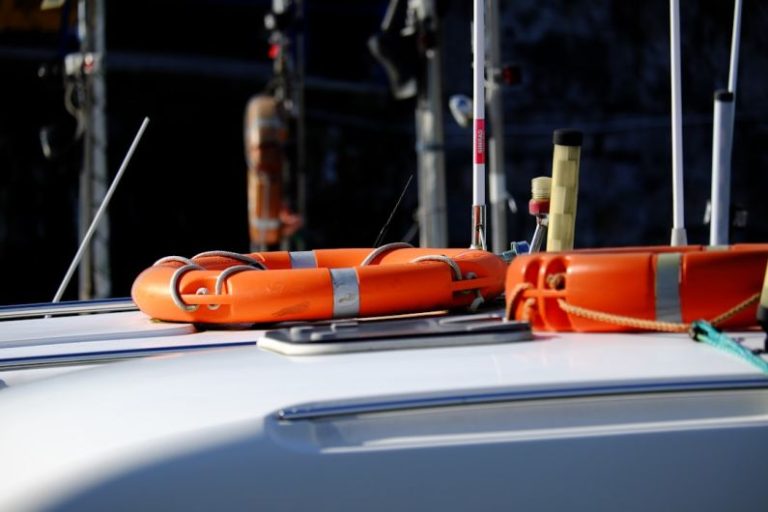How to Choose the Perfect Anchor for Your Yacht
When it comes to owning a yacht, one of the most crucial decisions you will make is choosing the perfect anchor. Your anchor plays a significant role in ensuring the safety and security of your vessel, especially when you are out at sea. With so many options available on the market, selecting the right anchor can be a daunting task. However, by considering a few key factors, you can make an informed decision that will meet your yacht’s specific needs.
Understanding Your Yacht’s Size and Weight
The first step in choosing the perfect anchor for your yacht is to consider the size and weight of your vessel. Larger yachts will require anchors with greater holding power to ensure they stay securely in place, especially in adverse weather conditions. It is essential to know the weight of your yacht, including any additional equipment or gear that may affect its overall weight. This information will help you determine the appropriate anchor size and type for your yacht.
Types of Anchors
There are several types of anchors available, each designed for different seabeds and conditions. The most common types of anchors include:
– Plow Anchors: Ideal for sandy or muddy bottoms, plow anchors offer excellent holding power and are suitable for most conditions.
– Danforth Anchors: Also known as fluke anchors, Danforth anchors are lightweight and easy to store. They are best suited for sandy or muddy bottoms.
– Claw Anchors: Claw anchors, also known as Bruce anchors, are popular for their ability to set quickly and hold well in rocky or weedy bottoms.
– Mushroom Anchors: Mushroom anchors are typically used as temporary anchors or mooring buoys in calm waters.
Consider the seabeds you will most frequently encounter while sailing and choose an anchor type that is best suited for those conditions.
Anchor Material and Construction
Anchors are typically made from materials such as galvanized steel, stainless steel, or aluminum. The material and construction of the anchor play a crucial role in its durability and performance. Galvanized steel anchors are durable and offer excellent rust resistance, making them ideal for saltwater environments. Stainless steel anchors are also corrosion-resistant and provide long-lasting performance. Aluminum anchors are lightweight and suitable for smaller vessels or as secondary anchors.
Consider the material and construction of the anchor to ensure it can withstand the harsh marine environment and provide reliable holding power when needed.
Anchor Holding Power
The holding power of an anchor refers to its ability to stay in place and prevent the yacht from drifting. It is essential to choose an anchor with sufficient holding power based on the size and weight of your yacht. Factors that affect holding power include the anchor’s design, weight, and seabed conditions. A heavier anchor with a larger fluke area will generally offer greater holding power, especially in challenging conditions.
Consider the holding power of the anchor to ensure it can keep your yacht secure in varying weather conditions and seabeds.
Additional Considerations
In addition to the factors mentioned above, there are a few other considerations to keep in mind when choosing the perfect anchor for your yacht:
– Anchor Retrieval: Consider how easy it is to retrieve the anchor, especially in adverse conditions or emergencies.
– Anchor Compatibility: Ensure the anchor is compatible with your yacht’s anchor roller and windlass system for efficient deployment and retrieval.
– Anchor Accessories: Consider investing in anchor accessories such as chain, shackles, and swivels to enhance the performance and reliability of your anchor system.
Choosing the perfect anchor for your yacht is a critical decision that requires careful consideration of various factors. By understanding your yacht’s size and weight, the types of anchors available, anchor material and construction, holding power, and additional considerations, you can select an anchor that meets your specific needs and provides peace of mind while out at sea. Remember, a reliable anchor is not just a piece of equipment—it is your yacht’s security and safety net in the vast ocean.
Making the Final Choice
After considering all the factors mentioned above, it’s time to make the final choice and select the perfect anchor for your yacht. Remember that safety should always be a top priority when choosing an anchor, so opt for one that offers sufficient holding power and reliability in varying conditions. Consult with experts or fellow yacht owners for recommendations and advice before making your purchase. With the right anchor in place, you can enjoy your sailing adventures with confidence, knowing that your yacht is securely anchored wherever you go.






